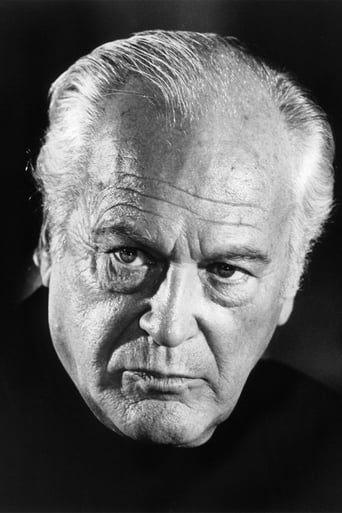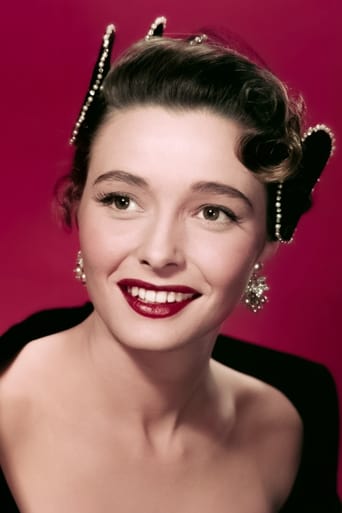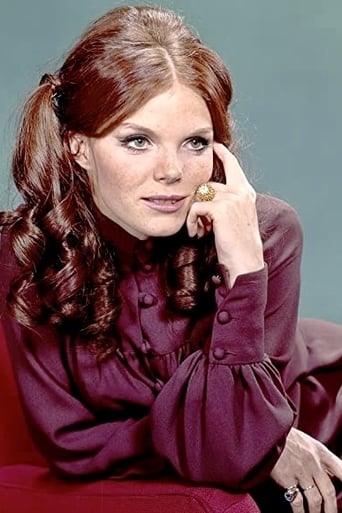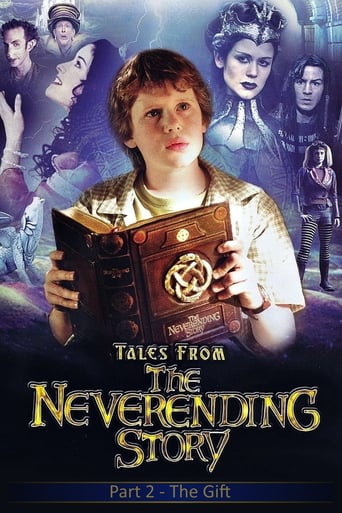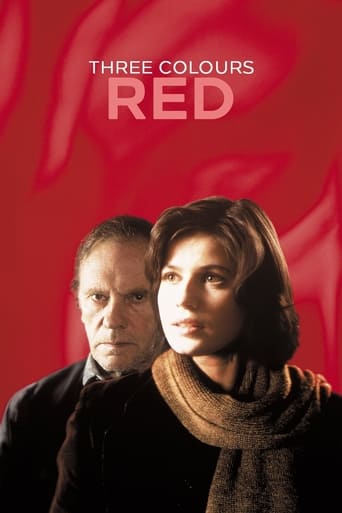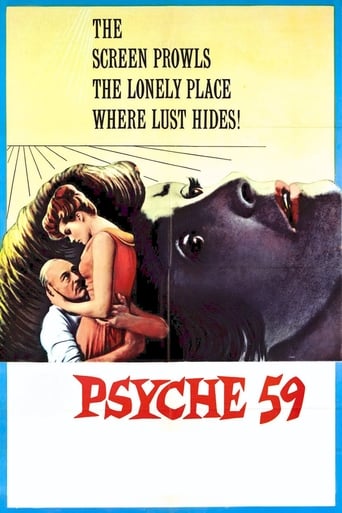
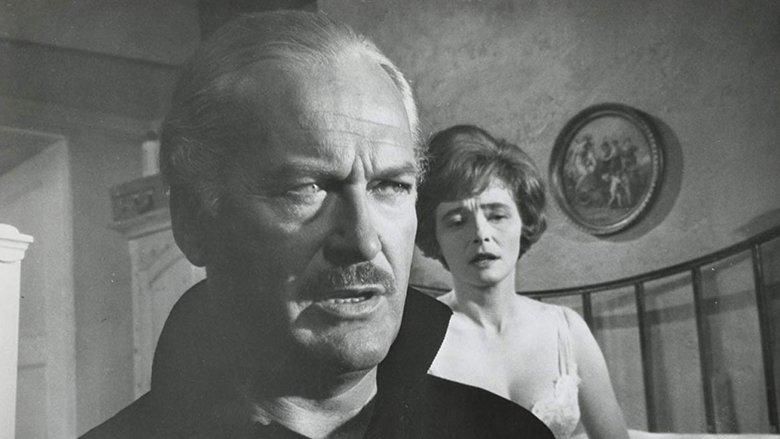
Psyche 59 (1964)
An industrialist's wife tries to remember the shocking sight that made her blind.
Watch Trailer
Cast
Similar titles



Reviews
Such a frustrating disappointment
Simply Perfect
Save your money for something good and enjoyable
Fun premise, good actors, bad writing. This film seemed to have potential at the beginning but it quickly devolves into a trite action film. Ultimately it's very boring.
PSYCHE 59 is a film I really struggled with. It's posited as a blind-woman-in-peril thriller, and even B-movies in that particular genre are pretty good and enjoyable; it says something that they're still making them even now, long after they first gained popularity in the 1950s. Sadly, this movie goes for the pseudo highbrow, psychological, arty approach and as a result it's a vapid mess. It reminded me of some of those dull and dated Pinter adaptations that critics rave about and viewers snore over. This one's a four-hander in which Patricia Neal goes blind for no real reason while her shady husband Curt Jurgens looks after her. Samantha Eggar gets the most memorable role as a saucepot, regularly stripping to her underwear; her sexuality is the most important thing in the movie and the only memorable thing about it. Ian Bannon feels a bit extraneous although strives hard in his early role. The film is slow, talky, and lacking in any kind of suspense or atmosphere; a dud, in other words.
Françoise des Ligneris's novel "Psyche '59" becomes a fine dramatic vehicle for the always-sympathetic Patricia Neal, here playing the wife of a wealthy businessman who is suffering from 'hysterical blindness' after a mysterious fall; when sister Samantha Eggar comes to live with her after a failed attempt at marriage, years-old tensions (both resentful and sexual) between Eggar and brother-in-law Curt Jurgens rise to the surface. As photographed in glossy black-and-white by the esteemed Walter Lassally, the picture is a shiny, classy piece of goods, yet director Alexander Singer takes an awfully long time to warm up. The plot (or rather, the point inherent to the plot) doesn't make itself known for at least an hour into the proceedings, while the pretty images and visual tricks eventually become a nuisance. Singer doesn't appear to wrap things up cohesively with his finale, yet it's actually his best bit: Neal's mental handicap and Eggar's need to be the proverbial thorn in the rosebush are dealt with in solely visual terms, and the silent emotions released are triumphant. A near-miss, but worthwhile for fans of psychological melodramas verging on soap opera. **1/2 from ****
I am amazed at these comments. I love Pat Neal, which is why I recorded this film, but I could not even get through it. The dialogue is cringe worthy, and the camera work, which I assume is meant to be artistic, is obnoxious. PN is great as usual, but all the characters around her seem like they are in a different movie. Sam Eggar has never impressed me with her acting ability and her super bitch femme fatale persona fell flat. Eric was wooden and the character was uninteresting; it is hard to imagine any woman would find him irresistible... The whole "feel" of the film made me wince. It reminded me of those bad movies from the fifties that tried so hard to be hip, and came out cheesy.
This film came on Turner Classic Movies recently, with the host mentioning that it was the film's debut on that channel, and the first film Patricia Neal made after winning the Oscar for Hud.The story concerns a privileged upper-class blind woman named Alison (Neal), her husband Eric (Jurgens) and her younger sister, Robin (Eggar). At first all seems perfectly OK, given the circumstances, but bits of conversation are dropped here and there, darting looks are thrown here and there, and soon we realize that there is something lurking beneath the veneer of a privileged life. Alison, in the final stages of her second pregnancy, suffered a fall in her home that rendered her blind, though as she states early on, it's not that her corneas don't function, it's that her brain won't permit her to see images (paraphrasing here). Apparently this happened in 1959, hence the "'59" in the title: The story then takes place in 1964, five years after this fact, over a time period that seems to be about a month, or maybe two, when Robin re-arrives back into the lives of Eric and Alison after what appears to be a 5-year absence.The black-and-white cinematography adds much to this film, such that I believe if it were in color, it would not be as effective. The language, dialogue and subject matter covered was ahead of its time, at least by U.S. standards, but stylistically, this matches a number of thrillers and socially-conscious dramas that came out of England in the early- to mid-1960s (e.g., Victim, Pumpkin Eater, etc.).The first part of the film, set in London, sets up the story beautifully, and it isn't long before we start to realize that something's "up" - the carefully-worded dialogue, with certain key words and phrases omitted, or the glances of the blind Alison behind her sunglasses, to the beat of her words...you see that all that glitters is not gold, so to speak.The second part of the film takes place at the characters' country house, located near a coastline; It is here that the set-up for what could be a riveting tale, as depicted in the first part of the film, loses steam and slows to a crawl, such that the conclusion is neither climactic nor satisfying; this is a shame, because it could have been done much better. Besides that, I do agree with the comments made by a previous observer, including that the grandmother doesn't seem quite grandmotherly (and actually, I'm sort of confused as to why this character is even in the picture).Nonetheless, the acting is superb by all the leads, and particularly by Neal, who carries the film, in my opinion. Pay attention to every movement she makes, whether it's with her eyes, her head or her hands; listen intently to every syllable she utters, for it is through her character that we understand the real story of what has happened, or is happening, to these three people.The movie is based on a book by the same name by Francoise des Ligneris, which is available online.
